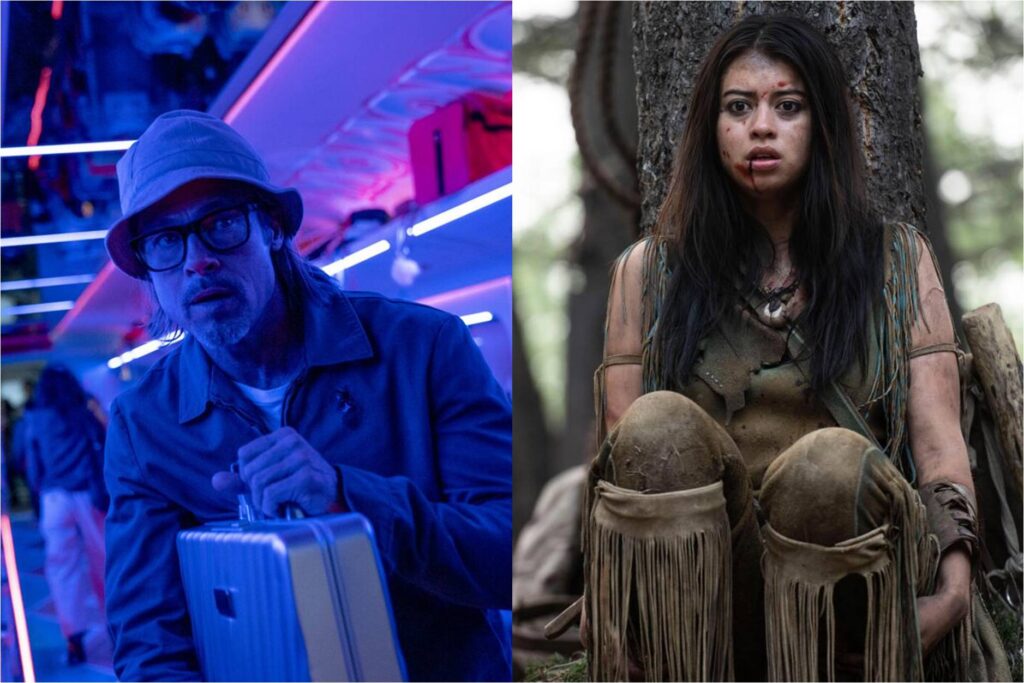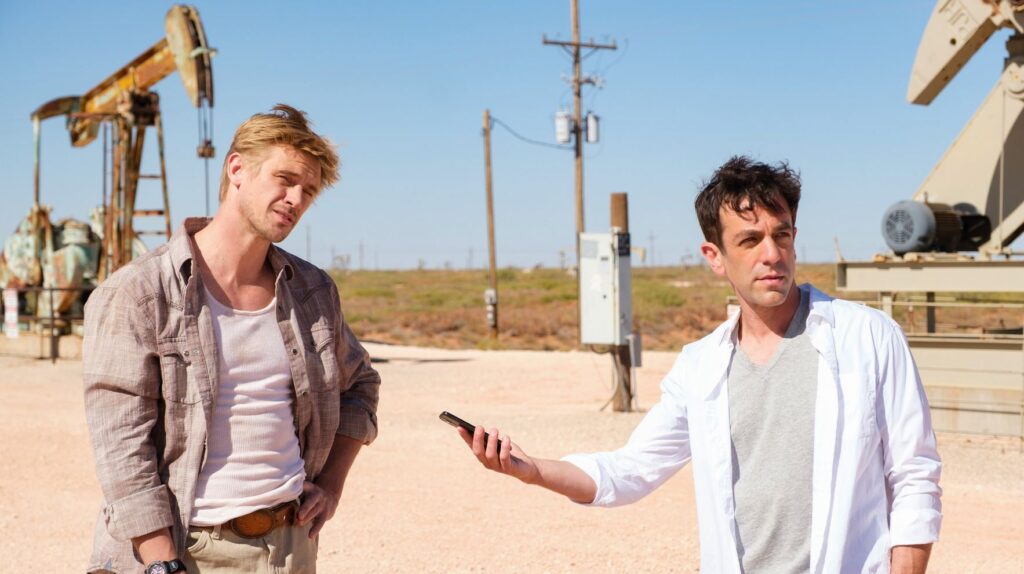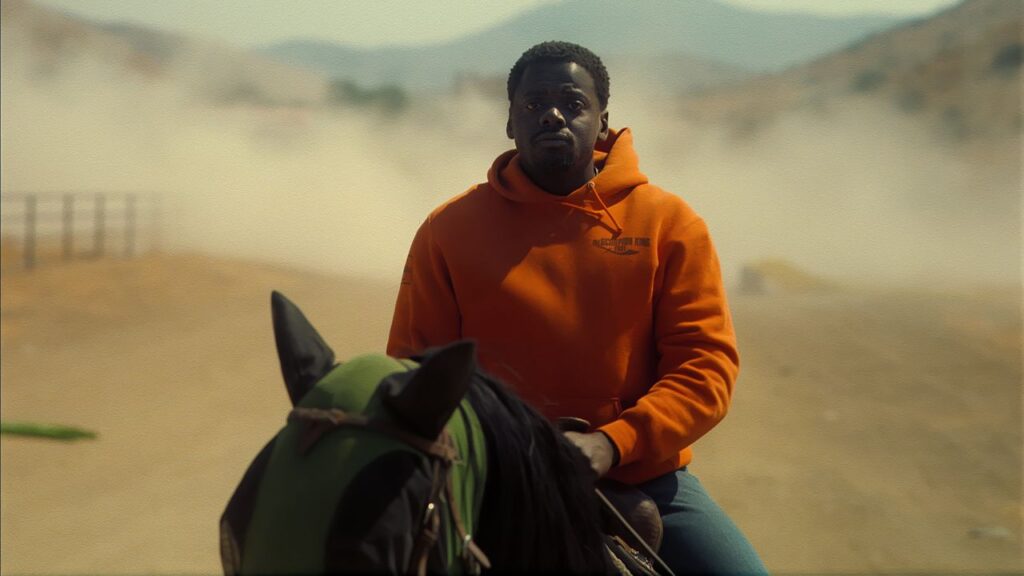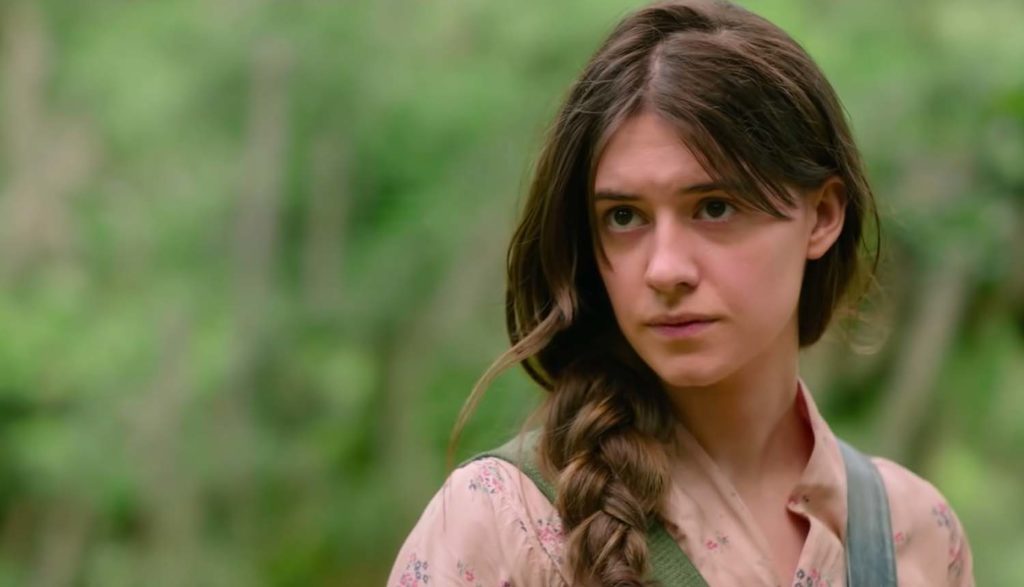Emily the Criminal: The Ex-Con Is On
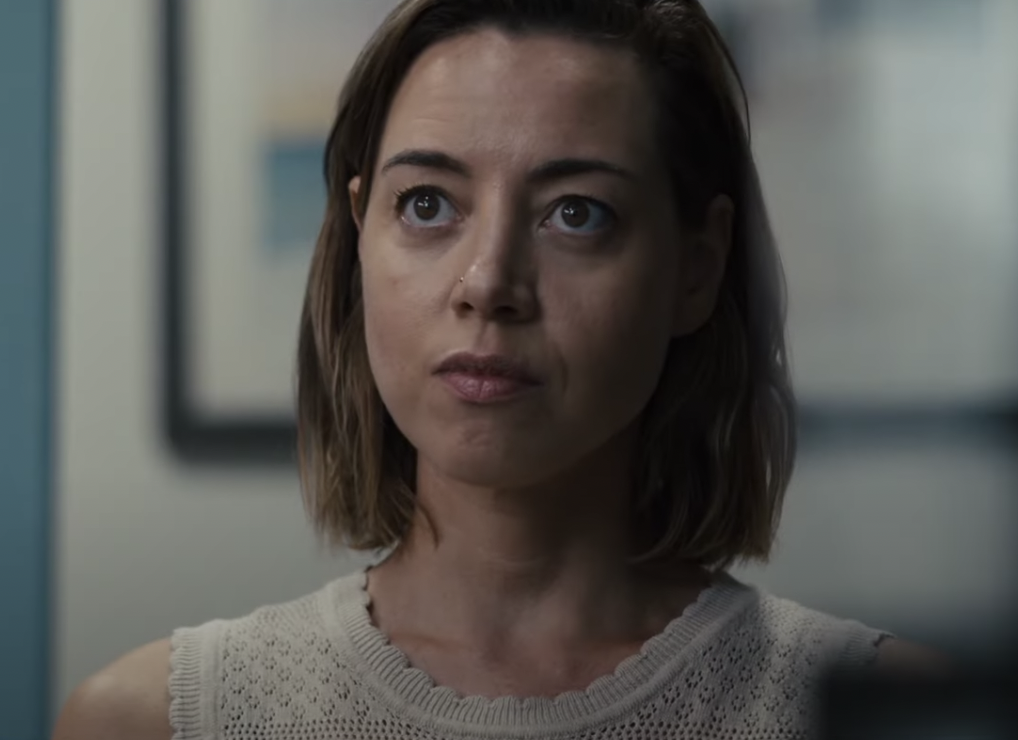
It’s just a flimsy piece of paper, but it carries the weight of an anvil—a scarlet letter printed in cold black and white. The man behind the desk utters two dreadful words—“background check”—and her face drains of color, her once-promising prospects vaporizing into smoke. “I just want you to be honest,” he says with a thin smile that masks a contemptuous sneer. But what he really wants is to dupe her, shame her, usher her into a confessional where he can play the role of supercilious priest. The interview was over before it started; it was over as soon as that banal printout found its way into his hands. Really, it was over years ago, when a courtroom stenographer typed the word “guilty”—a word that’s been invisibly hanging around her neck ever since.
This is a good deal of information to process, yet it’s all concisely packed into the brief opening scene of Emily the Criminal, which finds the title character (a riveting Aubrey Plaza) squirming at the end of a fishing line cast by a smug, purportedly upright middle manager (John Billingsley). Arguably, the film’s title alone, with its blunt two-word suffix, illustrates the hill its anti-heroine has been climbing most of her adult life. A long time ago, Emily did a bad thing. Now, that bad thing is all she is. Read More

